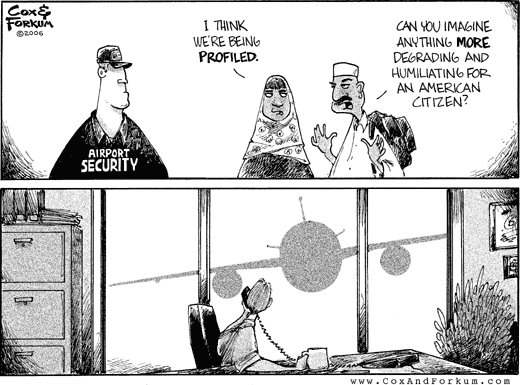I can confirm Scott's strong
encouragment to read Jules Crittenden's
column in the Boston Herald today. It offers, I want to propose, a good antidote, invoking Sharansky (
below), to the blindness of our time to see evil.
There are men out there who want us dead. This is undeniable. They want to see us all dead. Each and every one of us. They don’t know our names, they don’t know what our thoughts are about their grievances. They don’t know what our actions are and how we’ve lived our lives. They don’t care. They just want us dead.
I wish I had a sweet, comforting post-Sept. 11 lullaby to sing the ones I love to sleep when they experience fear of these evil men. But I don’t. Lullabies combat false monsters. Real monsters require something different.
Psalms, like lullabies, give comfort. But they don’t mask or deny the threat. They embrace it, and show the way to strength and ultimately comfort from within. What might a psalm say to anyone whose 9/11 fears have been reawakened.
UPDATE: Scott follows up his post on Crittenden's column above with a new post about Crittenden, called "
Meet Jules Crittenden".


